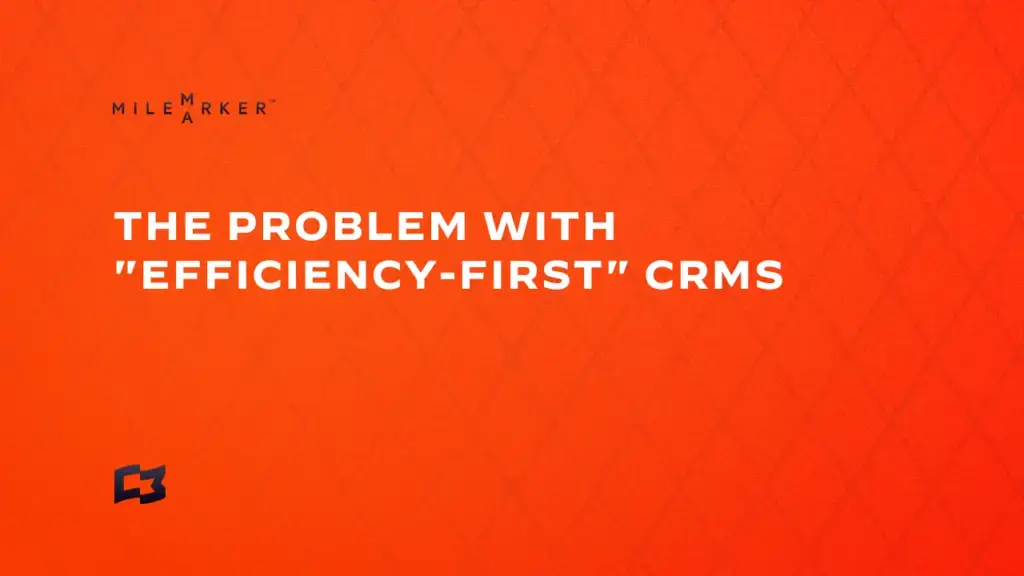Most CRM systems promise one thing: efficiency. But in wealth management, focusing on speed alone is a mistake.
Adrian Johnstone, CEO of Practifi, believes the future of CRM isn’t about doing more, faster — it’s about building deeper, more meaningful client relationships.
Why? Because successful advisory firms don’t grow through transactions — they grow through trust. And trust takes more than automation; it takes connection.
Why Efficiency Alone Falls Short for Advisors
The typical CRM is built for high-volume, transactional sales teams. But wealth management is different. It’s personal. It’s relationship-driven.
When CRMs prioritize efficiency without enhancing the client experience, they create gaps:
- Important life events get missed
- Conversations lose context
- Relationships feel transactional, not human
Efficiency matters — but without engagement, efficiency alone doesn’t drive growth.
What a CRM Should Actually Do for Advisors
A CRM for wealth management should be more than a digital Rolodex or task manager. It should empower advisors to strengthen client relationships by:
✔ Helping them remember meaningful life events
✔ Providing clear, real-time client insights
✔ Supporting more engaging, personalized conversations
✔ Encouraging connection — not just automation
The best firms don’t just run efficiently — they’re memorable. And memorable firms earn trust that leads to long-term growth.
These insights are inspired by the Next Mile podcast featuring Adrian Johnstone, CEO of Practifi. Listen to the full episode here and explore more articles in this series.

